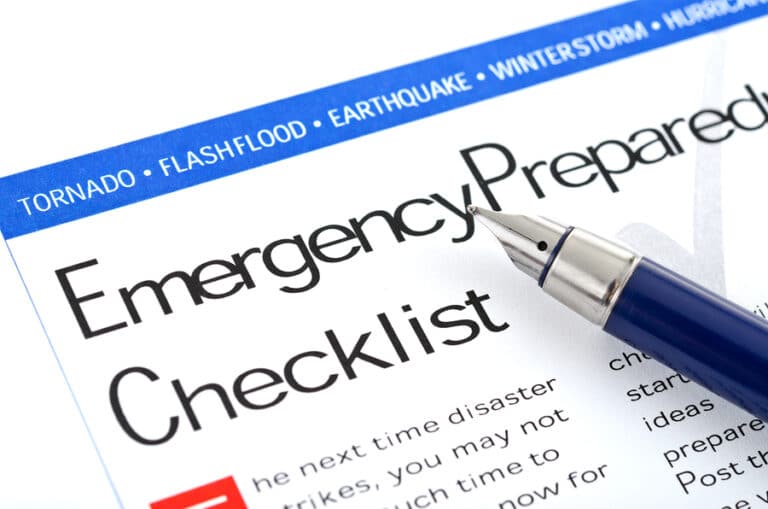If you’ve recently become a caregiver for an older family member, you may find yourself trying to gather important information to assist with their care. One thing you may need is their complete medical history. You might know some of it, but it’s unlikely that they shared all the details with you. However, a complete medical history is important to ensure they receive the proper care for all of their medical conditions. In some cases, gathering the information may be as easy as asking the older adult the right questions. But, when the person has dementia or other cognitive impairments, caregivers may not have such an easy time.

What Kinds of Information Do You Need?
The first step in compiling the medical history of a senior citizen is knowing what information you should include. At a minimum, the medical history should include:
- Full name.
- Date of birth.
- Sex.
- Ethnicity.
- Medical conditions.
- Mental health conditions, including substance abuse.
- The age at which each condition was diagnosed.
- For women, any pregnancy complications, including miscarriages and stillbirths.
- Lifestyle information, such as what they typically eat, whether they use tobacco products, and if they drink alcohol.
If there’s any other information you think might be important, be sure to include that, too. It’s better to have too much information than too little.
Tips for Collecting Information
One way to get information about your aging relative’s medical history is to request medical records from current and past healthcare providers. Privacy laws require that you receive permission from the older adult to receive the information. Each provider will probably have their own form that the senior will need to sign. In cases where the person is unable to sign or make their own decisions, a power of attorney can sign the form.
In addition to requesting medical records, caregivers can interview the older adult and others who may have information about the person’s health or lifestyle. Gather as much information as you can before conducting interviews. Doing so can help you to decide what questions to ask. It can also prevent wasting your time or the time of the person you are interviewing. Write down the questions ahead of time to help keep the interview on track. Try to word the questions so that they encourage the person to provide as complete a response as possible.
Once you’ve collected all the information, keep it all together in a file. Make sure all caregivers know where to find the file in case of emergencies.
If you or an aging loved one is considering Elder Care in Falls Church, VA, please contact the caring staff at Access Home Care Inc. Proudly Serving Northern Virginia and Surroundings for over 12 years. Call Us: (703) 765-9350
Sources
https://www.mayoclinic.org/
“My desire to enter into nursing started when one of my older sisters died of kidney disease due to lack of care. At age 15, I decided to enter into nursing so that I could provide quality care to patients.Upon arrival in United States at 21 years of age, I enrolled in T.C Willliams School of Practical Nursing while working as a nursing assistant at a nursing home. I also worked as a part-time home health aide to take of the elderly. After completion of my practical nurse education, I worked in geriatric psychiatry unit at Dominion Hospital and Arlington Correctional facility mental health unit.
I completed Marymount University in 2001 and entered into Home Care as a field case manager.
I held that position for 2 years and as an Administrator, and for another 2 years until Access Home Care was found in 2004."
Today, Access Home Care has over 300 employees and 286 clients.
- Personal Care at Home Helps Seniors Stuck at Home Connect With Others - April 17, 2025
- Five Tips for Living with Chronic Lower Back Pain - April 3, 2025
- How 24-Hour Home Care Is Different From Other Types Of Care - March 19, 2025



